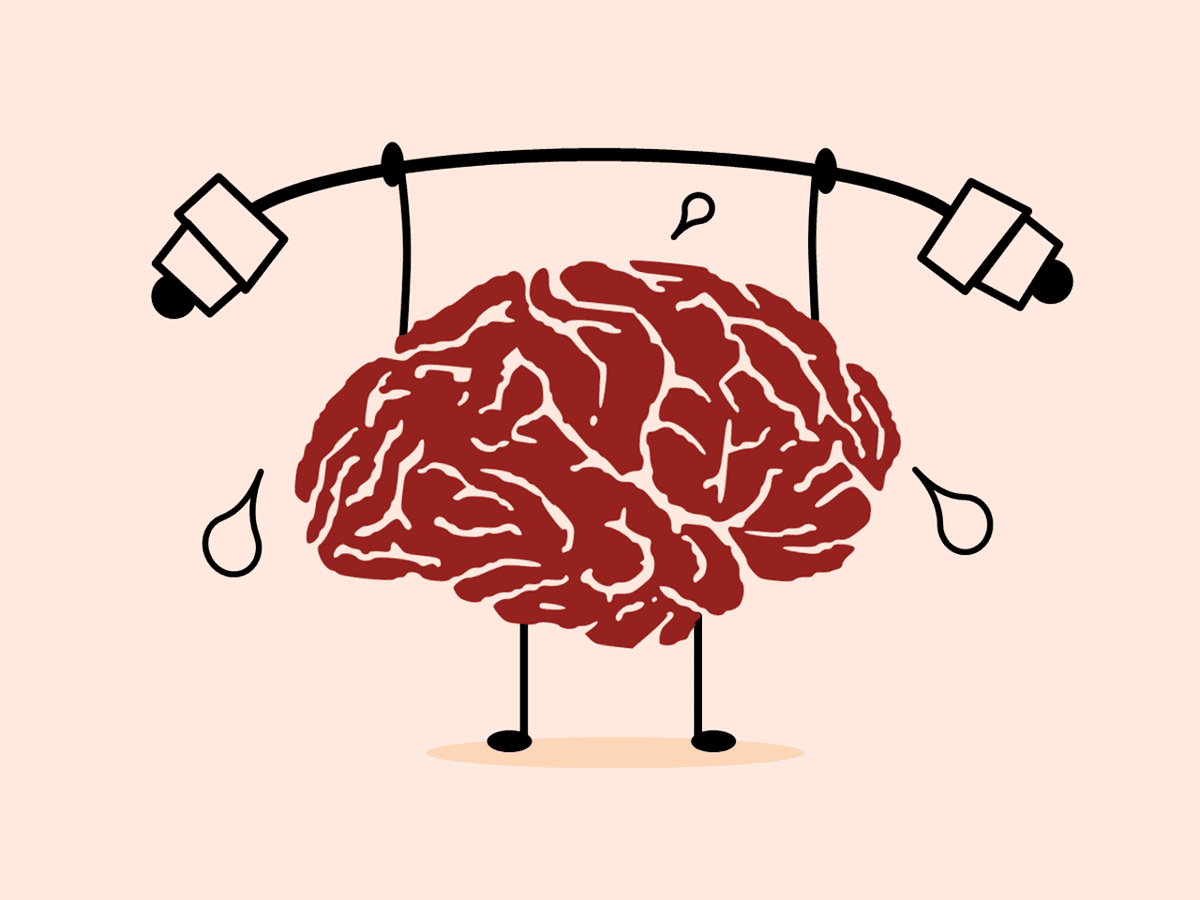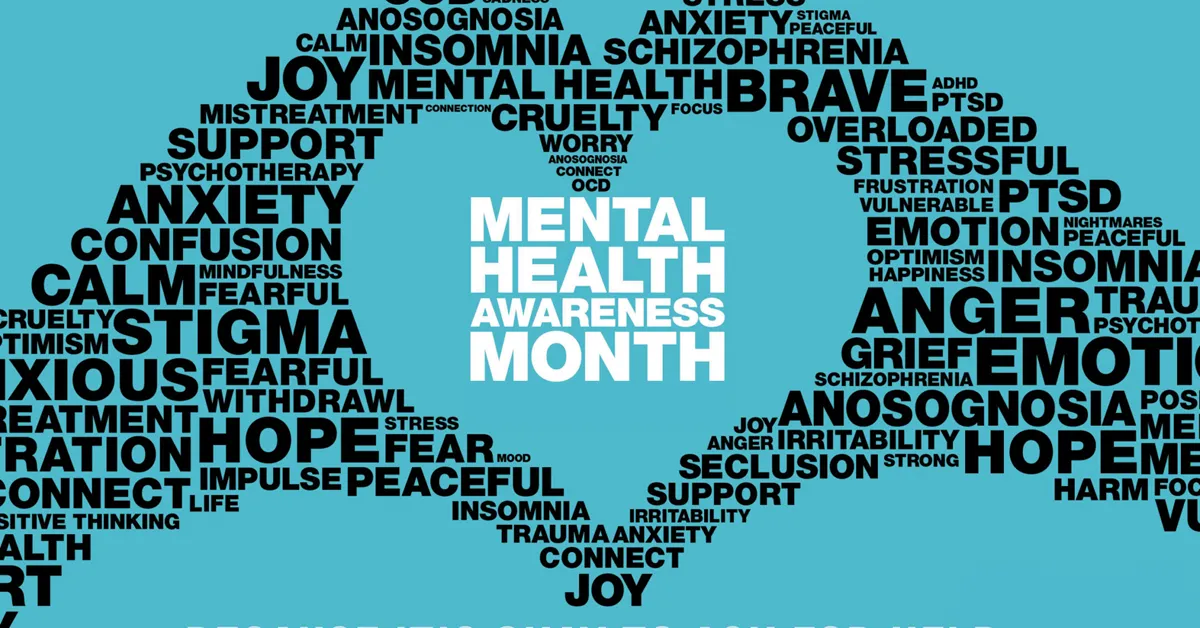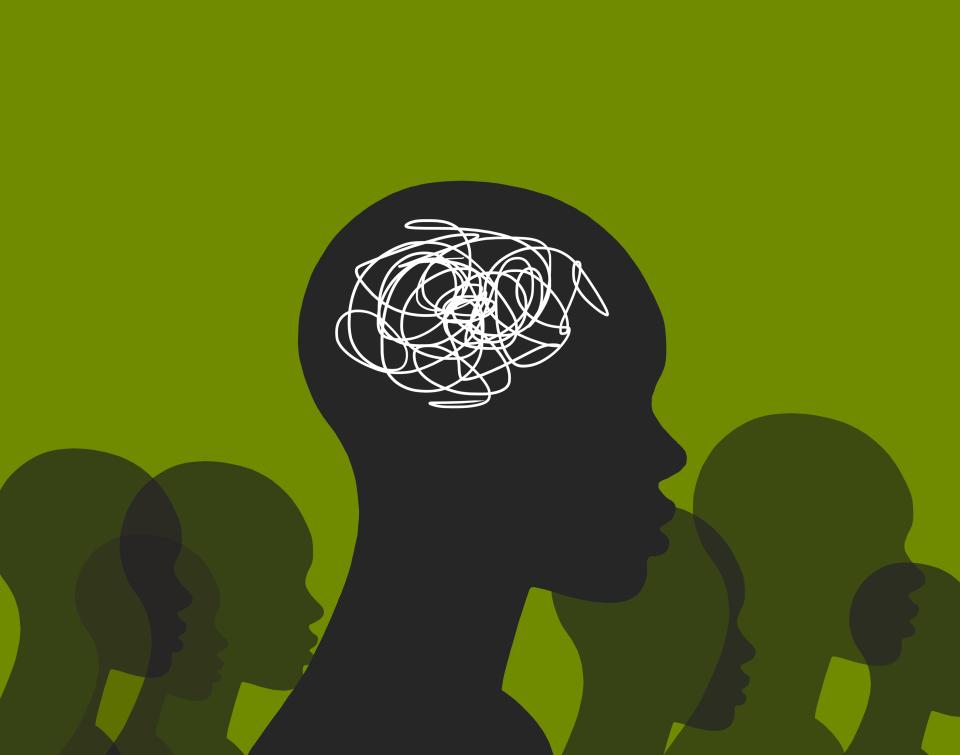Effective Inpatient Mental Health Treatment for Lasting Wellness
Effective Inpatient Mental Health Treatment for Lasting Wellness
Blog Article
Comprehensive Inpatient Mental Health Solutions for Effective Therapy
Inpatient mental health solutions stand for a vital part of the healthcare system, offering a organized and extensive atmosphere for individuals experiencing serious mental distress. Checking out the nuances of this continuum exposes considerable effects for both specific recuperation and wider psychological health and wellness outcomes.
Comprehending Inpatient Mental Wellness Providers
Inpatient mental health solutions supply important support for people experiencing serious psychological distress that can not be taken care of successfully in an outpatient setting. These solutions are developed to provide an extensive level of treatment in a structured setting, typically within a healthcare facility or specialized facility. Individuals admitted to inpatient programs commonly show intense signs, such as self-destructive ideation, serious clinical depression, or psychosis, requiring round-the-clock tracking and treatment.
The admission process generally involves a thorough assessment by psychological health experts, that assess the person's psychological state, background, and prompt needs. When confessed, clients involve in a variety of therapeutic techniques customized to their specific demands, consisting of medication administration, specific treatment, and group sessions. This alternative technique intends to stabilize the client's problem, advertise safety, and foster coping skills.
Inpatient mental health and wellness solutions not just address immediate health and wellness problems but also serve as a bridge to recurring treatment. By offering a regulated environment, these services facilitate the development of treatment strategies that can be proceeded in outpatient setups, thus guaranteeing a continuum of treatment and boosting lasting end results for people with complex mental health needs.
Key Parts of Effective Treatment
Efficient treatment in inpatient mental health services comprises several key components that foster recovery and stablizing. Firstly, a comprehensive assessment is important to determine the individual's certain requirements and difficulties. This evaluation informs the development of a customized treatment plan, which works as a roadmap for treatment.
An additional vital element is the multidisciplinary team strategy. Cooperation among psychiatrists, psychologists, registered nurses, and social workers ensures that numerous viewpoints add to the patient's treatment, improving the effectiveness of therapy. Evidence-based restorative modalities, such as cognitive-behavioral treatment (CBT) and dialectical habits therapy (DBT), are likewise essential, providing organized methods that address maladaptive idea patterns and behavioral concerns.

Last but not least, a focus on aftercare planning is crucial to ensure a smooth shift to outpatient services, decreasing the danger of relapse and advertising long-lasting wellness. These collective parts produce a reliable treatment structure within inpatient mental wellness solutions.
Advantages of Comprehensive Treatment

Comprehensive care in inpatient mental health solutions offers countless benefits that considerably improve person results. One of the primary advantages is the holistic technique to therapy, resolving not just the mental signs and symptoms however likewise the physical, social, and emotional needs of clients. This detailed analysis enables tailored interventions that promote overall well-being.
Another benefit is the integration of multidisciplinary teams, which fosters collaboration among healthcare professionals. This collaborative environment ensures that patients receive coordinated treatment, reducing the threat of fragmented therapy and boosting interaction among caregivers. Extensive treatment assists in continuity of solutions, permitting for seamless transitions from inpatient to outpatient setups, which is vital for long-lasting recovery.

Last but not least, the organized atmosphere of extensive inpatient care provides a safe room for people to involve in restorative activities, helping them create dealing techniques and resilience. Collectively, these advantages add to much more effective treatment and boosted top quality of life for individuals experiencing mental wellness dilemmas.
Evidence-Based Restorative Approaches
In the world of psychological health therapy, evidence-based restorative methods play an essential duty in making certain that people get effective and scientifically sustained interventions. These approaches incorporate the best readily available research study with clinical proficiency and person values, cultivating a tailored therapy experience that attends to private requirements.
Cognitive Behavioral Treatment (CBT) is among one of the most extensively acknowledged evidence-based techniques, concentrating on recognizing and altering adverse idea patterns and behaviors. This structured technique has actually demonstrated efficacy in treating problems such as ptsd, depression, and stress and anxiety. In A Similar Way, Dialectical Actions Treatment (DBT) is specifically effective for individuals with borderline personality disorder, highlighting the advancement of emotional guideline and social efficiency skills.
Furthermore, medicine administration is typically an important element of evidence-based treatment, as psychotropic medications can reduce symptoms and boost total performance. Collective care versions, which entail multidisciplinary groups, even more enhance the efficacy of inpatient solutions by making sure detailed assessments and continuous surveillance.
Eventually, the combination of evidence-based therapeutic strategies not just promotes favorable scientific results but also empowers people, promoting a sense see this of firm and click to read durability in their mental health and wellness journeys.
Transitioning to Outpatient Assistance
The transition from inpatient psychological health and wellness services to outpatient assistance marks an essential phase in a person's healing trip. This period calls for cautious preparation and sychronisation to ensure connection of care and to alleviate the risks of regression or crisis. Efficient discharge preparation ought to start early in the inpatient stay, entailing a multidisciplinary team that consists of psychoanalysts, psychologists, registered nurses, and social workers.
Crucial element of a successful change include the advancement of a thorough aftercare plan customized to the person's specific requirements. This strategy should detail follow-up consultations, medication administration, and healing interventions, in addition to recognize community resources and support system that can promote ongoing healing.
In addition, patient and household education and learning is essential during this phase. Comprehending the indicators of potential setbacks and the significance of sticking to therapy can encourage patients and their support systems.
Regular follow-up and reassessment of the outpatient plan are important to resolve evolving challenges. By promoting a collective connection in between outpatient and inpatient providers, the likelihood of sustained recovery boosts, ultimately improving the individual's high quality of life and minimizing the danger of readmission.

Final Thought
In summary, comprehensive inpatient mental health services offer an important framework for dealing with severe psychological distress through a multidisciplinary approach. Ultimately, such comprehensive treatment is essential for lasting psychological health and wellness and wellness.
The admission process typically involves a comprehensive analysis by psychological health and wellness experts, who evaluate the person's psychological state, history, and immediate demands.Reliable therapy in inpatient mental health solutions makes up a number of key parts that cultivate recuperation and stabilization.Extensive treatment in inpatient psychological health and wellness services supplies many benefits that considerably boost individual results.The change from inpatient psychological health solutions to outpatient support notes an essential phase in an individual's recovery trip.In summary, thorough inpatient mental wellness services offer a necessary framework for resolving serious emotional distress with a multidisciplinary strategy.
Report this page